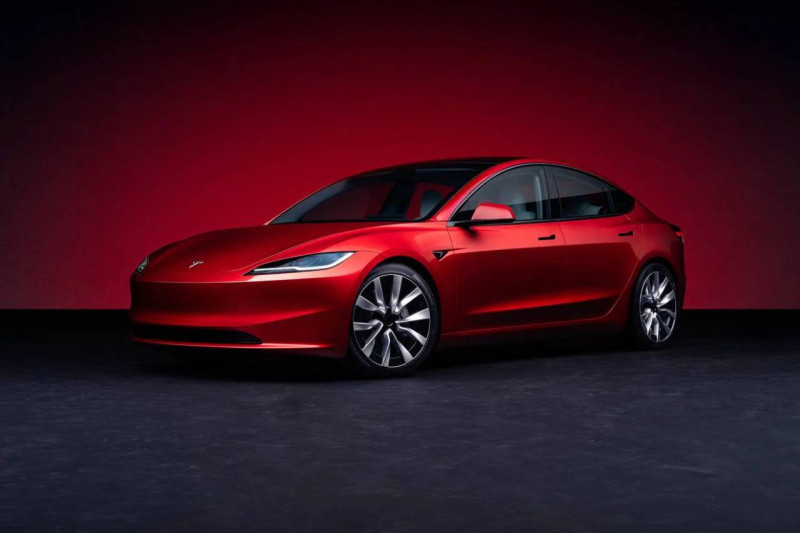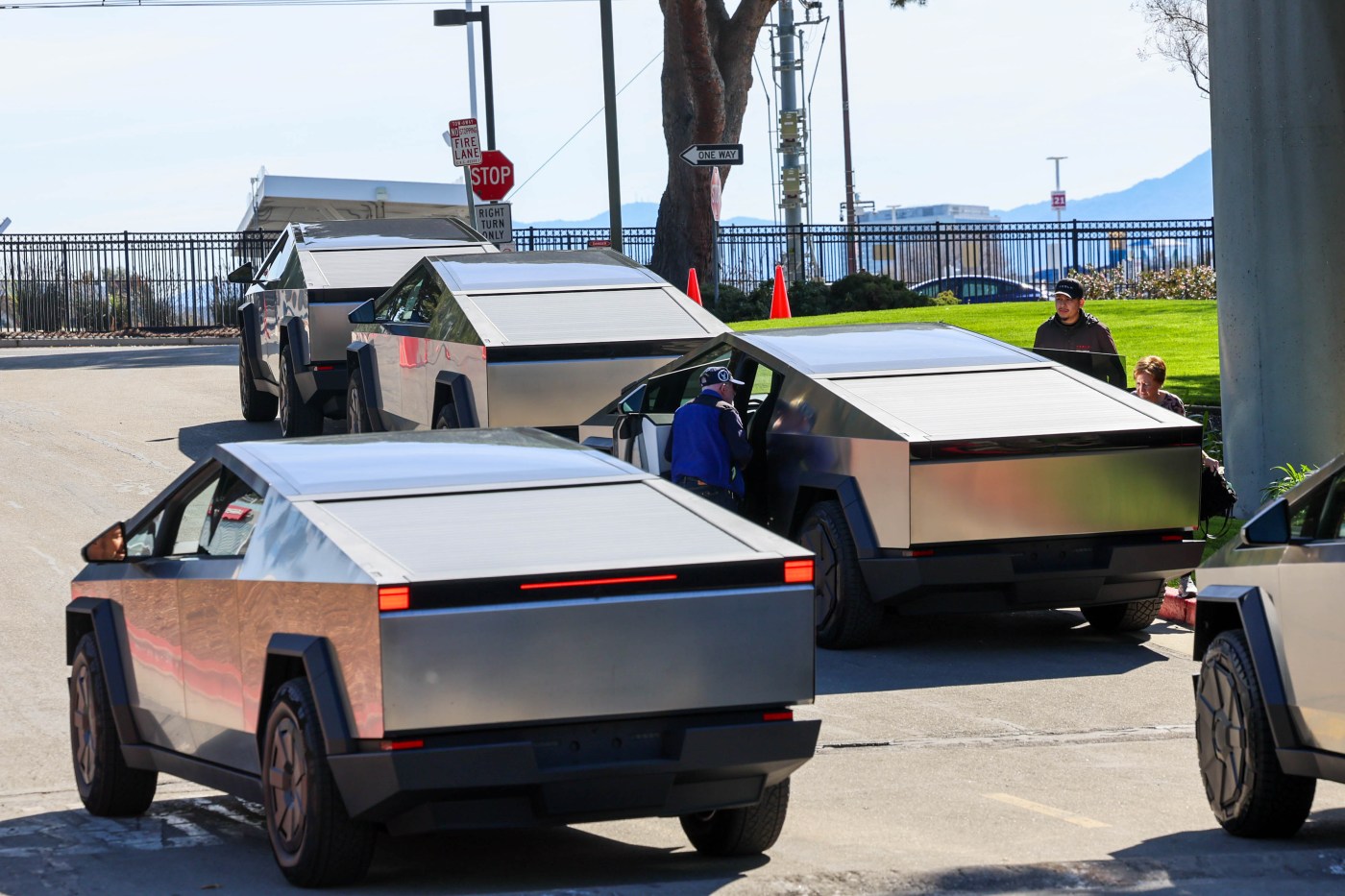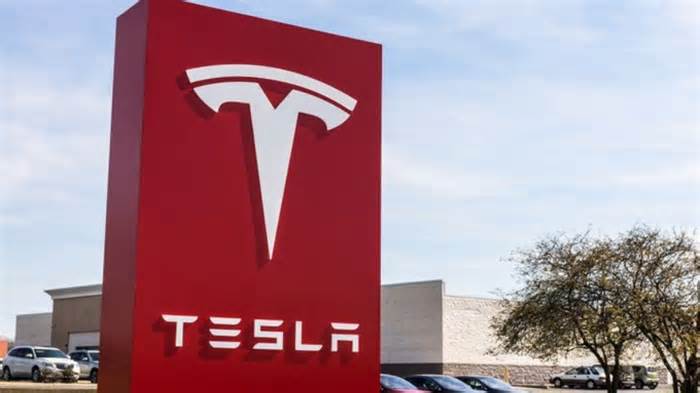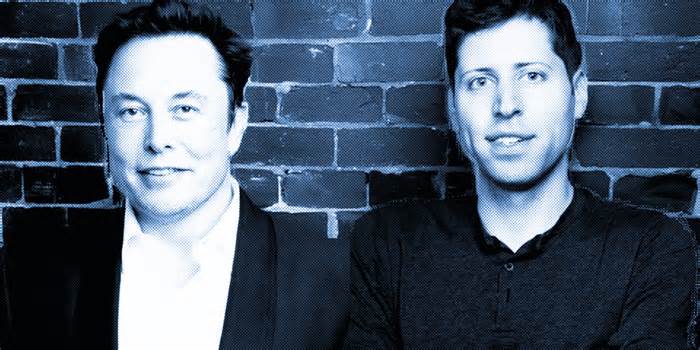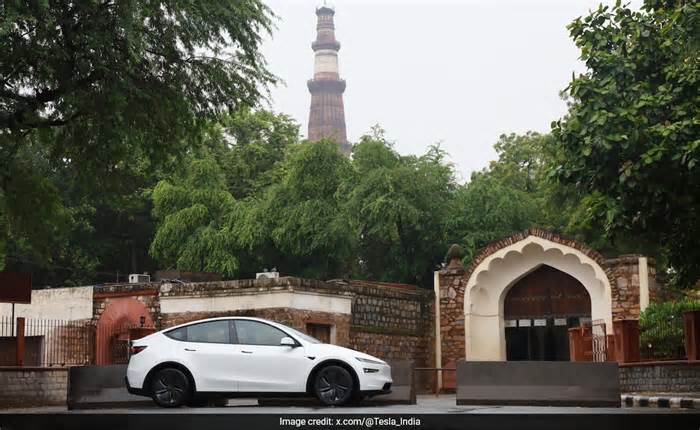
What the Coming Rise of Trillionaires Could Mean for Democracy and the Rule of Law
- by TIME.com
- Nov 11, 2025
- 0 Comments
- 0 Likes Flag 0 Of 5

Read more: How Elon Musk Became a Kingmaker
“We're living in a democracy which is absolutely being undermined by the fact that some people can throw tens and tens of millions around an election, and another person can just show up with their vote,” Ahmed tells TIME.
Trillionaires are “not an inevitability” but a “product of decades of the wrong policy choices,” he says, arguing that as net worths continue to rise among the world’s elite it becomes more and more important to implement policies that check their influence.
“It's absolutely true that in a politics in which corporate power and the ultra rich do not face guardrails, they will maximize their interests to increase their wealth,” he says, which in turn further restricts the efficacy of the law.
Advertisement
Ahmed compared the current state of wealth inequality to that in the Gilded Age, an era in U.S. history defined by the vast economic disparities that widened as families like the Vanderbilts, Carnegies and Rockefellers amassed great fortunes. The richest 0.0001% control a greater share of wealth now than they did then, Ahmed notes.
In addition to the role of money itself in politics, Darrell West, a senior fellow at the Brookings Institution, also points to Musk’s influence in the social media sphere as a mechanism through which he can impact elections.
“He has tremendous influence in elections because of his ability to drop tens or hundreds of millions of dollars into any particular campaign. He also has millions of followers on X that gives him the ability to shake the public dialogue and to reward his friends and punish his enemies,” West says.
Corporate power
As with money in politics, Americans are already widely concerned about the power wielded by the tech companies owned by some of the world’s wealthiest people. Nearly 70% surveyed by Pew in 2021 believed major tech firms had too much influence in the economy, and 56% said such companies should be more strictly regulated.
Advertisement
Musk’s particular dominance across multiple industries is also a point of concern for experts in terms of his global power.
“He's unusual in that he's influential in many different ways, because his businesses operate in so many different fields,” West points out to TIME.
He suggests that Starlink, Musk’s internet and satellite network, and its parent company SpaceX, his aerospace company, represent ways in which the billionaire tech CEO’s reach across industries could give him leverage against governments.
“People want to use his technology, especially Starlink, that's been adopted by many countries of the world. Leaders want their satellites to be launched on SpaceX,” West says. “So he is influential in many different areas.”
Starlink operates the biggest satellite constellation network in the world, with 6,750 satellites currently in orbit providing internet to millions of people around the globe. That network has helped improve connectivity in remote areas or those suffering from conflict or disasters. But it is also subject to Musk’s control. In the beginning of Russia’s war in Ukraine, for instance, Musk provided Starlink technology to the Ukrainian government. However, he has since reportedly restricted usage of the network there in notable instances: In late 2022, multiple sources familiar told Reuters, Musk ordered that coverage be cut in the strategic region surrounding the city of Kherson, among other areas, which a Ukrainian military official told the outlet caused a communications blackout among the country’s troops. Around the same time, the New York Times reported, Musk refused to let the Ukrainian military use the Starlink network to carry out a drone attack on Russia’s Black Sea fleet.
Advertisement
“The biggest national security risk is through Starlink, because countries depend on that for their national defense,” West says, referencing the company’s role in Ukraine.
Technology from SpaceX has also been used in multiple NASA launches and satellites, which West argues could restrict the government’s ability to potentially take action against Musk.
He points to Musk’s departure from DOGE and the ensuing public spat between the billionaire and Trump, who traded insults online after Musk criticized the President’s “Big, Beautiful Bill.”
During their feud, Musk claimed that Trump wouldn’t have won reelection without him and announced the creation of a new political party, while Trump pulled his nomination of Musk ally Jared Isaacman to lead NASA and threatened to terminate the billionaire’s government contracts.
The threats never evolved into anything more than words; the Administration discussed cancelling SpaceX’s contracts, the Wall Street Journal reported over the summer, but ultimately determined they were too critical. And last week, Trump re-nominated Isaacman for the post of NASA administrator.
Advertisement
Another recent move from the space agency, however, appeared to demonstrate the limits of the government’s reliance on SpaceX, and Musk’s ability to get his way.
The Administration awarded a $2.89 billion contract to SpaceX in 2021 to develop a spacecraft that would take astronauts to the moon. But after the company’s Starship Rocket suffered a series of failures, Secretary of Transportation Sean Duffy, currently the acting administrator of NASA, said he was going to “open up the contract” and “let other space companies compete with SpaceX,” triggering a series of insults from Musk.
Please first to comment
Related Post
Stay Connected
Tweets by elonmuskTo get the latest tweets please make sure you are logged in on X on this browser.






 Energy
Energy




